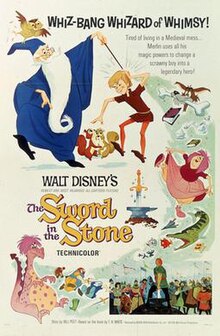I read:
Thoughts:
The Heart Goes Last by Margaret Atwood: Why does the cover have a picture of a woman with long dark hair? Charmaine is described about a million times as being blonde, and the only woman discussed who has dark hair has it cut short. The cover does not match the inside! Details, people! Details!
A Little Life by Hanya Yanagihara: Like everything you hoped The Goldfinch would be. Also, though, unrelenting. I would recommend this to everyone I know who reads, but I can’t imagine people pushing through the bleakness of it all, even though I did.
I will never write as well as Yanagihara does in this book. It makes me want to quit writing.
The Evolution of Alice by David Alexander Robertson: Reviewed at length earlier this month.
The Unbecoming of Mara Dyer by Michelle Hodkin: Ah, such teenage snark and melodrama. Big throbbing heart from me.
The Violin of Auschwitz by Maria Angels Anglada: I wish it wasn’t so sloppily written or translated. Reads at times like a high school student writing her serious novel.
The Collected Novellas of Stefan Zweig by Stefan Zweig: Reviewed at length earlier this month.
Nimona by: Why did they make the font so small? So teeny and hard to read. After I read it, Tesfa insisted she read it too, so I let her.
Favourite book:
I read less this month because I had a book hangover from A Little Life and didn’t want anything else to read but this again, except I had to take it back to the library the day after I finished it so I couldn’t read it again immediately.
Most promising book on my wishlist:
This Is Not My Life by Diane Diane Schoemperlen.
I’d put a cover up but the cover is TBA.
I watched:
I wrote:
Proofreading faerie story. Finishing up story about Larkspur, who’s a demon, but didn’t type it up and will likely forget to forever. Not much else.





















